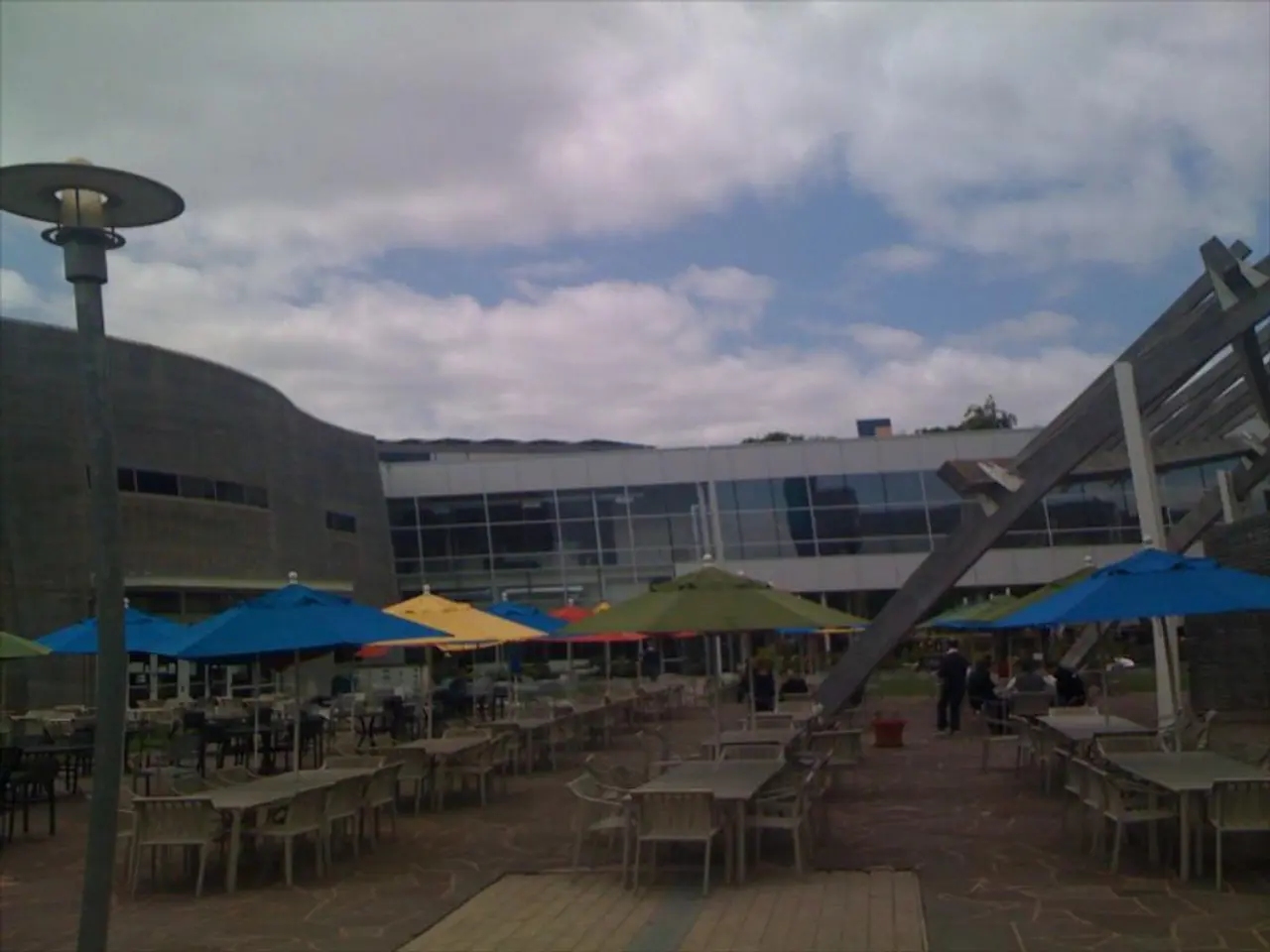Travel insights from the Tourism Recovery Programme in the post-pandemic era for tourists
In the world of post-pandemic tourism, the chatter on everyone's lips was all about sustainability, responsibility, and community. As travel enthusiasts dreamt of a new kind of tourism overhaul, with travelers supporting small, local businesses, the question lingered: Has the Vision Come to Life?
Word Economic Forum recently explored how quickly tourism is recovering across regions, yet in several areas, we witnessed a hefty loss of around $1 trillion in export revenues in 2021. This raises a crucial concern: Do businesses possess the resources required to prioritize ethical practices amid desperation to survive?
As for the modern-day nomads craving their first holiday in years, are they genuinely putting the local economy at the heart of their travel plans or merely longing for a prompt escape from pandemic-induced lockdowns?
Reflecting on my impromptu getaway to Mexico City, I couldn't envision a monumental overhaul in the industry, given the ongoing cost of living crisis plaguing travelers.
On the other hand, a surge in bucket-list adventures is practically unavoidable as we reconsider our fragile mortality and travel options. Is mass tourism, for instance, boarding a boat to Antarctica, truly aligned with the anticipated growth of sustainable tourism?
Fret not; there's still plenty we as travelers can do to make a tangible difference in our excursions, often without breaking the bank. Case in point, my trip to Mexico City that initially didn't strike me as a go-to hotspot for eco-conscious tourism.
Witnessing the empowering impact of the Tourism Recovery Program, I began to grasp my firsthand insights into the evolving travel landscape. This initiative, inspired by the profound wisdom of Lao Tzu: "Give a man a fish, and you feed him for a day. Teach a man to fish, and you feed him for a lifetime," aims at bolstering local businesses to self-sustain in the long run.
Central to this initiative is the collaboration between the TUI Care Foundation and enpact, organizations dedicated to supporting entrepreneurs and fostering sustainable development. The GIZ, a German development agency, under the commission of the German Federal Ministry for International Cooperation and Development, provided initial funding of €9000 per business to help navigate through the immediate perturbations of the pandemic, while working towards building long-term abilities and new markets for the businesses through mentorship, training, and networking.
For instance, Andrea Álvarez Sánchez, the owner of the Casa Jacinta Guest House in Coyoacán, recounted her experiences vividly during our breakfast conversation: "The pandemic was brutal — our hotel was inundated with debts and taxes, even my mother resorted to selling her house." Financial support during these critical early days proved vital in their fight for survival.
However, what set the Tourism Recovery Program apart was its explicit focus on businesses that displayed a component of innovation, whether technological, environmental, or social in nature. By supporting businesses in Mexico and other nations, it offers a shining example for fellow travelers to follow suit and prioritize local operations that are concurrently giving back to their communities.
While Mexcio City isn't renowned for its eco-conscious tourism, sustainability seemed deeply ingrained in the ethos of businesses I visited. For example, Rodrigo Lopez Aldana, the founder of Sabores Mexico Food Tours, highlighted the powerful impact of joining the Tourism Recovery Program: "We've learned numerous aspects like leadership, management, digital and sustainable tourism. Plus, we gained insights into what we were already promoting."
On the topic of sustainability, Mayra Jiménez of Manos a la Tierra underscored the importance of adopting a holistic approach, considering both environmental and socio-economic factors: "Our idea is to connect tourists with nature and local cultures, helping them support our environmental projects while learning about the nation's biodiversity."
However, what truly struck me during my encounters with these businesses was their strong emphasis on community partnerships. The intricate web of connections through the supply chain demonstrated the ripple effect of supporting local businesses, from various artisans to organic farmers and beyond.
As travelers, we can play a pivotal role in amplifying this impact: merely by seeking out businesses that are intertwined with their communities and supporting their growth. In a globalized world often dominated by international bigwigs, our conscious choices can foster a shift in power dynamics and reinstate the importance of sustainable practices throughout the tourism industry.
In conclusion, the future of the tourism sector may not exactly adhere to the vision predicted in the initial chatter. Amid a cost of living crisis, it seems budget concerns remain primary for many travelers. Still, by embracing an eye-opening sense of sustainability, there remains hope for achieving a tourism landscape where local businesses thrive, and eco-conscious tourism becomes the norm.
And hey, who knows? Perhaps you'll even uncover some hidden gems along the way. After all, there's nothing quite like the joy of supporting a community-driven business while immersing yourself in rich, local culture.
- The Tourism Recovery Program, as seen in Mexico City, emphasizes community partnerships, with businesses intertwined within their communities offering an opportunity for travelers to make a tangible difference.
- As travelers, our conscious choices to support local businesses that prioritize sustainability and community can play a pivotal role in reinventing the global tourism landscape, where eco-conscious practices become the norm.




